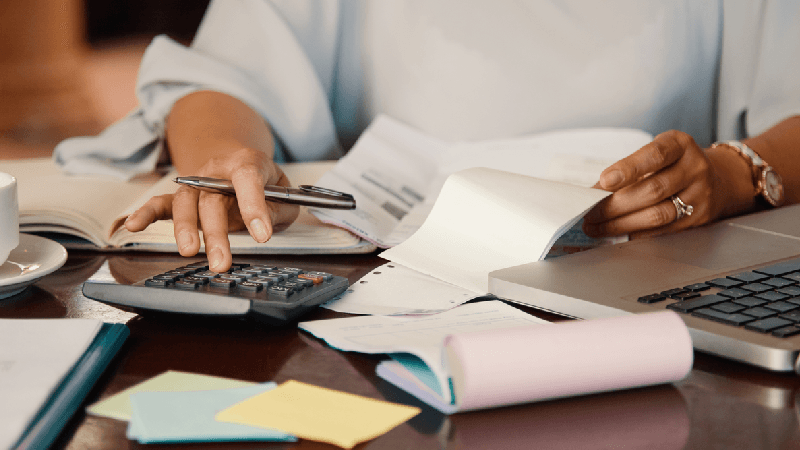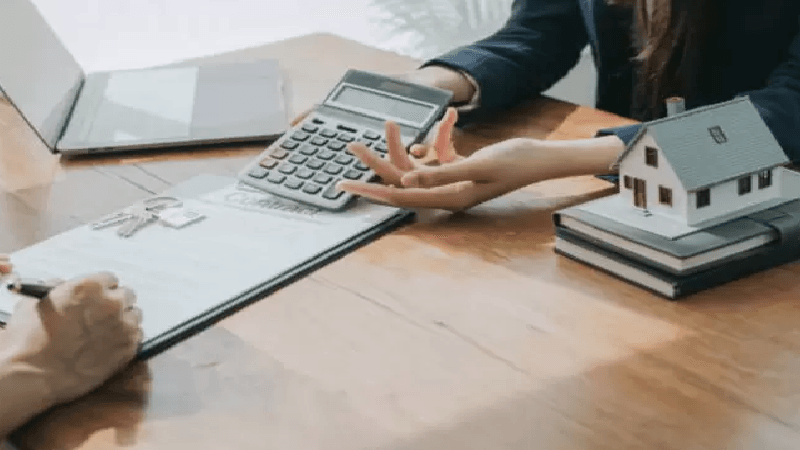
How do you manage your personal finances? This is a question many people ask themselves, especially when income is limited. The best way to manage your personal finances is to establish a budget and then follow it closely. Budgeting means creating a plan to control your spending, save money, and eventually invest some of your income.
In addition, it is important to stay organized and keep track of all your earnings and expenses. This will allow you to see where you are spending your money and where you need to save. Another good way to manage your personal finances is to make sure you pay your bills on time to avoid incurring late fees. If possible, try to overpay bills to avoid future financial problems.
Learning about personal finance
Learning about personal finance is an important skill for every person to acquire. There are a variety of resources available, from books and magazines to online courses, that can help you develop a working knowledge of how to manage your finances. These resources allow you to understand the basics of budgeting and saving, as well as some tips for keeping your financial state in order.

When learning about personal finance, it is also important to know your rights and responsibilities under the law. This will help you make informed decisions about your finances. In addition, there are tools and services you can use to better manage your money, such as expense and income organization, investment tracking, and now mobile banking tools as well.
Taking control of personal finances requires focus and dedication. Make a financial plan to help you reach your long-term financial goals. Be aware of events that may impact your financial situation, such as changes in the job market or interest rates, so you can adapt quickly. Finally, keep an up-to-date financial journal to keep track of your income and expenses.
Set savings goals
Set savings goals: Setting savings goals is a great way to keep control of your finances. Set short-, medium- and long-term goals to help you reach your financial objectives. Set a specific amount to save each month and track your progress. This will help you stay focused on your goals and keep you from getting sidetracked.
Identify your expenses: To meet your savings goals, it is important to monitor your expenses. Analyze your expenses to determine which are necessary and which are unnecessary. Knowing your finances will help you make informed decisions about where you can save money. It can also help you set limits on impulse purchases.
Maintaining a budget
Maintaining a budget is a basic tool for financial management. The budget allows the individual to know how much money he/she is spending, how much can be spent on luxuries and to know his/her financial limits. In this way, one can make informed decisions regarding the management of their personal finances.
Save for unexpected expenses
Having a nest egg for unexpected expenses is essential to properly managing your personal finances. If you have the discipline to save each month, you can be prepared for any contingency. This way, you will avoid going into debt and won't have to make hasty decisions.
The best way to save for unexpected expenses is to automatically put a portion of your income in a savings account. This will ensure that you will always have funds available to cover unexpected expenses without having to go into debt or use a credit card.

It is important to be aware of unexpected costs that could arise in the future. This includes assumptions about the cost of taxes, the cost of health care, the cost of transportation and any other financial issues that may arise. By planning ahead you can save money and reduce financial worries.
Managing Debt
Debt management is an important part of personal financial management. It is essential to evaluate all possible options before accumulating debt. You should look for an alternative to debt, such as a loan from a friend or family member, or perhaps an unsecured loan if possible. If you decide to take out a loan, read the terms and conditions carefully for monthly payments, interest charges, and so on.
Debt reduction is also a critical part of personal financial management. This can be accomplished through paying more than the minimum required by the creditor. This will help reduce the overall balance as well as the interest accrued over the long term. Establishing a budget and being responsible with its use can help you control your spending and avoid accumulating new debt.
Managing Financial Risk
Managing financial risk: Financial risk management is an important part of personal financial management. The goal is to limit the amount of losses that can be incurred through investments in the financial markets. It is important to identify potential risks, and to evaluate and control them to minimize the impact of such losses on your personal finances.
Managing financial risks includes appropriate diversification, the use of derivative products, portfolio management and careful selection of assets to invest in. This strategy ensures that investors are exposed to an appropriate level of risk that is consistent with their risk tolerance and long-term financial goals.

Investors should also consider the impact of inflation on their personal finances. Inflation erodes the value of money over time, and therefore, appropriate measures must be taken to limit its negative impact on personal finances. These measures include strategic planning to maximize income, saving for emergencies and creating a diversified strategy to invest in assets with little or no risk.




